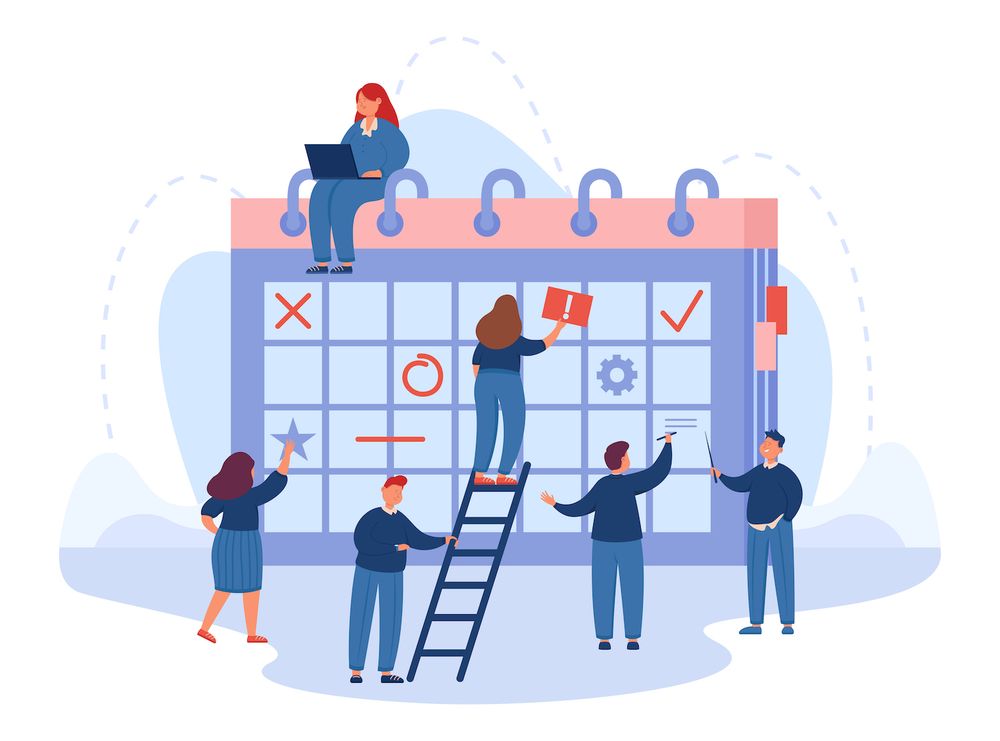How the creative director creates massively memorable marketing material
To Alex Wilson, Executive Creative Director of Amplify Making marketing content is just like making anything else: it's focused on capturing (and holding) the attention of people. "You could inform using an entertainment lens" adds Alex. "I believe that people aren't averse to being marketed to or advertised to as long as they are enjoying it."
Amplify is a worldwide creative agency that specializes in experiential marketing, creating big-scale events and experiences for companies like Playstation, Netflix, Levi's as well as many other. "We have the ability to bring ideas to life across all channels," says Alex. "Historically, we're known as more of a brand agency that focuses on experience, but content was always the center of everything we were working on."
We were able to sit down with Alex to discuss his process of creation and perspectives on the current marketing market. Check out the highlights of our conversation, or check out the video interview below.
Which is your North Star when it comes to creating video?
"Our mission is always to inform and entertain. That's the greatest advantages in video-based content. You can achieve this with a devoted audience. Ultimately, when someone comes to us, perhaps wanting to use this technology in order to accomplish something, we view that moment as purely a singular scene or canvas that is part of a larger work of story telling."
How can you ensure that your product is of the highest quality? How do you stay on the right track?
"Audience, always. The person we're speaking to is the key. Are you talking to them in the ways they want to be spoken to in the manner they'd like to be talked to? You need to start by talking to the people in your audience. Then, think about what you can do to best talk to them and bring their experience to them. Do not interfere with their experiences, but to elevate the experience."
Which sort of content is suitable for the client you are working with?
"Whether it's an immersive television show or a search for the largest person who is a fan of a particular TV show for Netflix and whether or not it's about creating the world of a smartphone and breaking the norm of what a retail environment can be, to launching the newest shoe, the latest game. Everything we do starts with the audience and then it's all about the concept and the way we make it happen through a variety of media.
We don't necessarily like to work to a specific result. Our clients' briefs are often sent to us with that and that's where the compromise, collaboration, and co-creation comes from, is allowing you to find the most effective solution for your needs, even if it wasn't necessarily what they thought they wanted initially."
How do you evaluate the success of your work?
"For us, the question is 'Did you tell the truth about that tale to the audience we designed it for?' This is always what we need to understand. We work a lot with cultures and subcultures. We have an amazing section of the agency which focuses on the culture. Our agency has always agency, been very close to that.
We try to work with people rather than broadcast directly to them. Instead, we invite them in to co-create and aid us in the creation of these experiences and contents by working with them in order to ensure that the experience is successful for them and their viewers. It's a layered question as to what success can mean, but if we have outputted that work using a method that was appreciated by viewers it's a big gain for us."
What's the best advice you've ever received?
"My chief creative manager, Jeavon Smith, said I was told 'Ignore the background noise. I feel that the act of it's useful in many scenarios. I think it helps you focus upon what you're trying to accomplish and also what other people have to offer your work and to move with one another because there's an awful lot of noise."
Which one do you prefer ?
"Lots of individuals within the studio and agency use it in lots of different ways. It is most definitely one of these. Discovering new talent is one of the best for us for that. For internal usage, we speak about the work we have done at the very least as a portfolio work. If we have to locate an examples of work we've done or capture this in some way that allows us to return and retrieve the information that we have."
